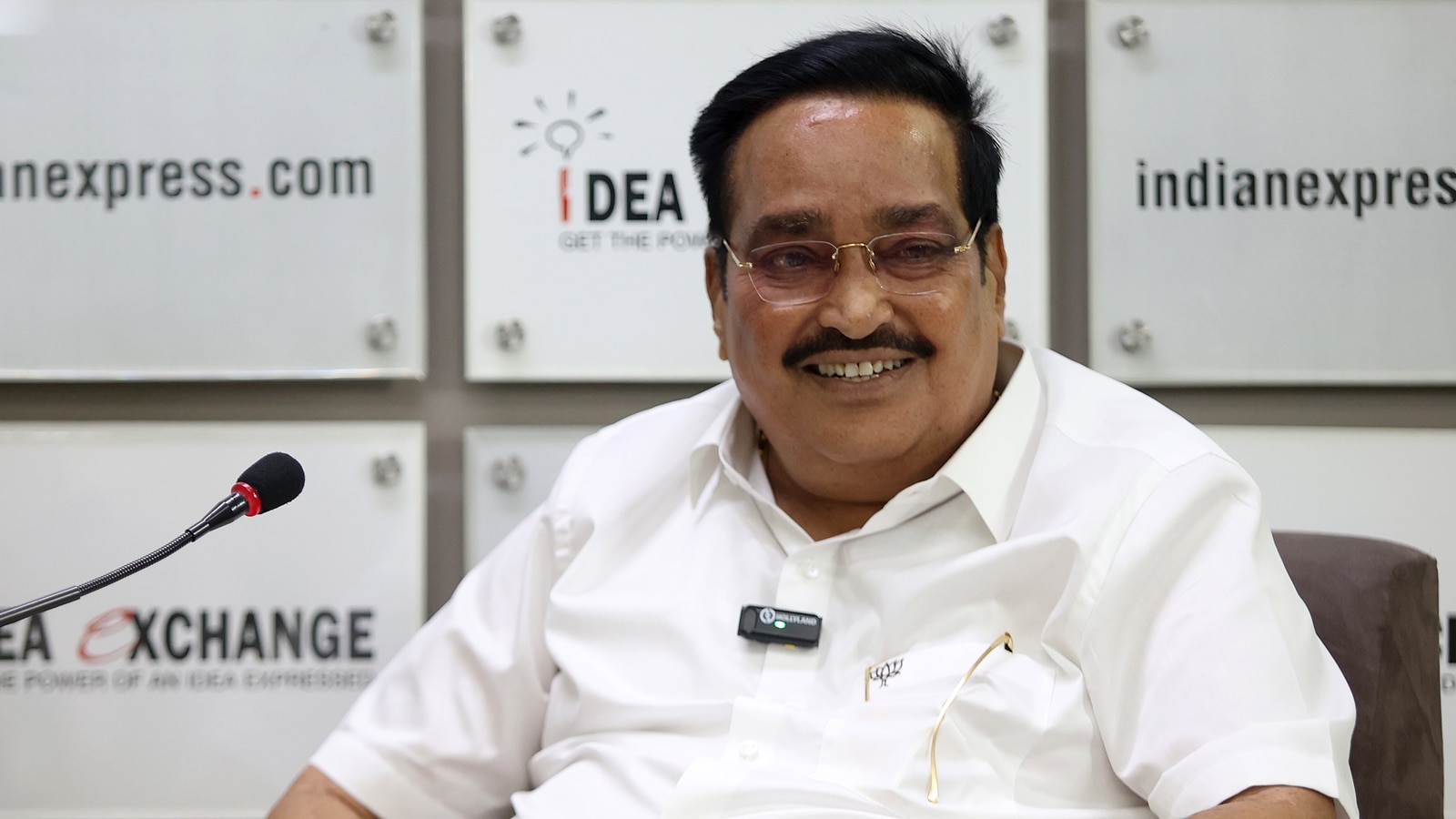Amid concerns in sections of the government that work contracts have been inflated in some states under the Jal Jeevan Mission (JJM), Jal Shakti Minister C R Patil has said that the Centre has stopped the payment of tender premium under the rural tap water scheme — tender premium refers to the additional amount a bidder quotes, higher than the government’s approved cost.

(We have stopped the payment of tender premium. What was there, what has gone is a different matter, but what is new has been completely stopped).”
He said once the tender process is over, there should not be any facility like tender premium thereafter. “We feel money is unnecessarily wasted,” he said.
Patil said there will not be a provision for payment of tender premium in the new JJM guidelines to be announced for the next phase of the programme — the government has announced extension of the JJM until 2028.
His remarks come at a time when sections of the government have expressed concern that JJM work contracts were inflated in some states. Earlier this year, an Expenditure Secretary-led panel recommended a 46 per cent cut in the Jal Shakti Ministry’s proposal seeking Rs 2.79 lakh crore for completing the mission over four years ending December 2028.
 The Indian Express report on May 21.
The Indian Express report on May 21.
The payment of tender premium was prohibited in the original JJM guidelines. The ‘Operational Guidelines for the Implementation of Jal Jeevan Mission: Har Ghar Jal’, issued in December 2019, clearly stated that all schemes sanctioned under JJM would be implemented without cost and time overrun.
Story continues below this ad
“In case of any cost escalation beyond the approved cost, it will have to be borne by the State and UTs with legislature concerned and no additional expenditure out of Central share will be permitted,” the guidelines stated.
The 2019 guidelines also listed the tender premium in the ‘Suggestive list of inadmissible expenses’. But in June 2022, the Ministry, with the approval of “competent authority”, made a crucial change in these guidelines. The Ministry defined the ‘approved cost’ and deleted ‘tender premium’ from the suggestive list of inadmissible expenses.
“The ‘approved cost’ for this purpose shall be the cost as discovered through an open, transparent and competitive bidding process as per prevailing Rules,” stated the amended guidelines circulated to the states on June 21, 2022.
The new guidelines also stated that wherever such ‘approved cost’ was 10% to 25% more than the estimated cost at which the tender for a project/scheme was invited, approval by the Head of the State Level Scheme Sanctioning Committee (SLSSC) would have to be taken before award of work.
Story continues below this ad
Wherever such ‘approved cost’ was over 25% more than the estimated cost at which the tender for a project/scheme was invited, approval by the Head of the Apex Committee of the state Water and Sanitation Mission would have to be taken before award of the work, the guidelines stated.
On May 21 this year, The Indian Express reported that an investigation of the data uploaded by states and UTs on the Jal Jeevan Mission dashboard showed that these crucial changes in the JJM guidelines three years ago lifted the check on expenditure, and led to cost escalations. This resulted in additional costs totalling Rs 16,839 crore for 14,586 schemes, an increase of 14.58 per cent from their estimated cost.
Since the launch of the JJM in 2019, 6.4 lakh water supply schemes with total estimated cost of Rs 8.29 lakh crore – more than double of the scheme’s original outlay of Rs 3.60 lakh crore (Centre: Rs 2.08 lakh crore, States:1.52 lakh crore) – have been approved by the states.
To meet the additional requirement of funds, the Ministry had approached the Expenditure Finance Committee, headed by the Expenditure Secretary, to approve Rs 2.79 lakh crore additional Central funding over and above Rs 2.08 lakh crore. But the EFC recommended only Rs 1.51 lakh crore as the Central share, 46 per cent lower than what was sought by the Ministry.



 The Indian Express report on May 21.
The Indian Express report on May 21.





